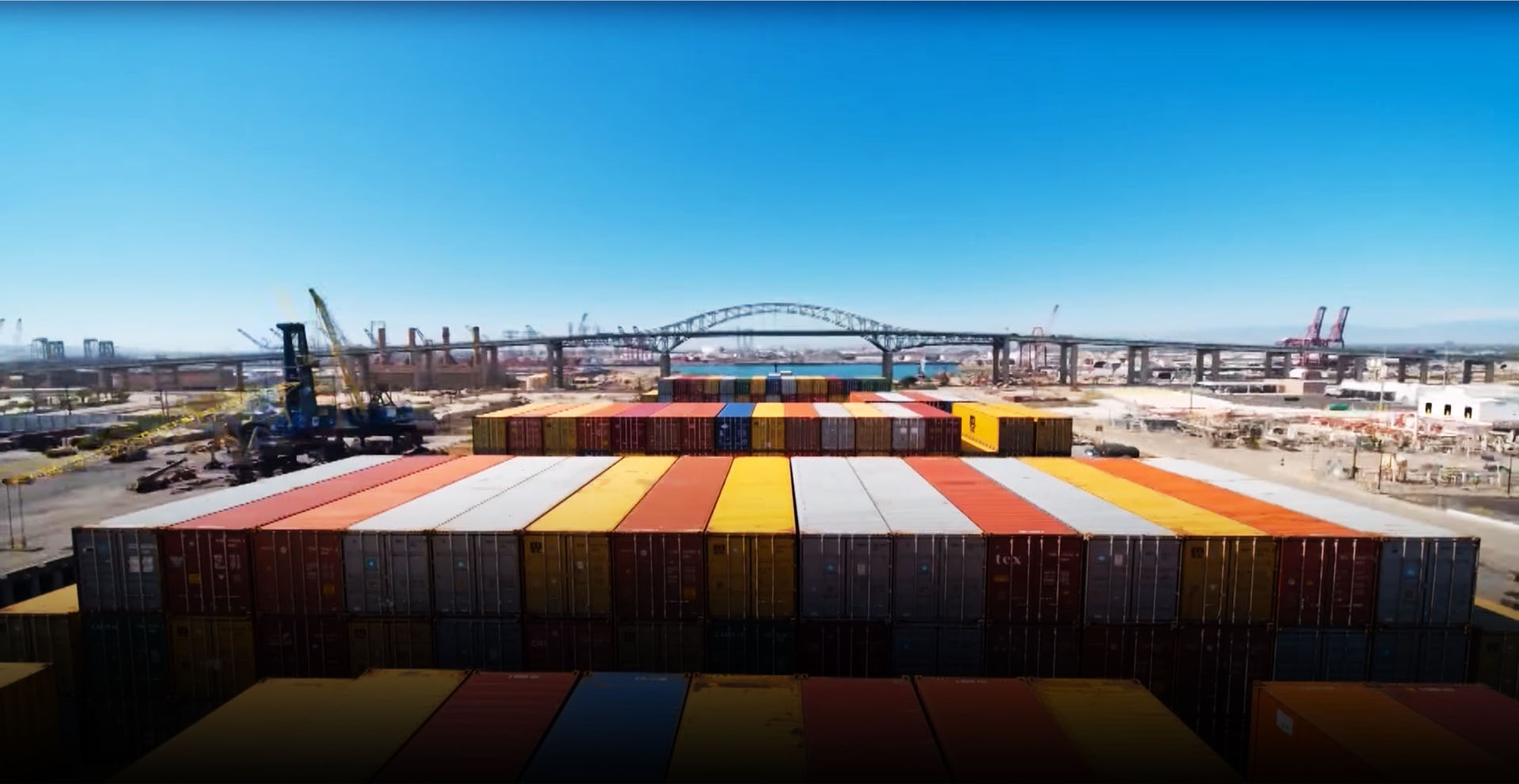Research Projects
Stop the VideoResearch Projects


STATUS: Complete
YEAR: 2021
TOPIC AREA: Integrating freight and passenger systems
CENTER: PSR
New continuous approximation models for passenger and freight transportation
Project Summary
Project number: PSR-21-22Funding source: US DOT
Contract number: 69A3551747109
Funding amount: $99,998
Performance period: 8/16/2021 to 8/15/2022
Project description
The purpose of this project is to discover new continuous approximation models for modern logistical prob‐ lems, such as last‐mile delivery, the adoption of teleworking, and ridesharing. The continuous approximation paradigm is a quantitative method for solving logistics problems in which one uses a small set of parameters to model a complex system, which results in a simple algebraic equation that is easier to manage than (for example) a large‐scale optimization model. As a further benefit, one often obtains insights from these simpler formulations that help to determine what affects the outcome most significantly. Continuous approximation models have been used for over 60 years to study classical logistical problems, but modern logistical systems bring new levels of complexity that existing models do not address. This project will combine tools from geospatial optimization, computational geometry, and geometric probability theory to formulate new models that will enable practitioners and policy‐makers to solve these new problems, and most importantly, to identify what features are most impactful in their real‐world use.
This project will study three major logistical problems that are particularly timely, all of which are primarily concerned with reducing VMT and GHG: the first is to identify where and when the widespread adoption of teleworking is most desirable, the second is to identify the trade‐off between localized, independent provision of goods and services versus provision along a centralized backbone network, and the third is to quantify the improvements to system efficiencies by introducing ridesharing and crowdsourcing schemes.
P.I. NAME & ADDRESS
John CarlssonAssistant Professor, Department of Industrial and Systems Engineering; Daniel J. Epstein Department of Industrial and Systems Engineering
3650 McClintock Ave.
Olin Hall of Engineering (OHE) 310FLos Angeles, CA 90089-0193
United States
[email protected]















